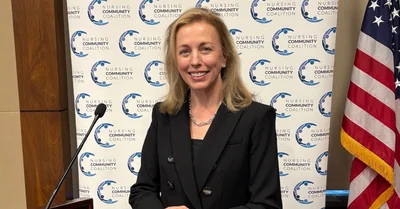The U.S. Fish and Wildlife Service and the National Marine Fisheries Service recently proposed rescissions under the Endangered Species Act (ESA) of 1973 regarding what constitutes a “habitat.”
The actions the Services propose would rescind their joint regulatory definition of “habitat” and “USFWS regulations that govern critical habitat exclusions under 4(b)(2) of the ESA,” an Oct. 26 USFWS press release said. Those habitat regulations were finalized in December 2020.
The ESA provides a framework for conservation and protection of “endangered and threatened species and their habitats,” the USFWS stated on its website.
“The Endangered Species Act is one of the most important conservation tools in America and provides a safety net for species that are at risk of going extinct,” Shannon Estenoz, assistant secretary for Fish and Wildlife and Parks, said in the press release. “If finalized, today’s proposed actions will bring the implementation of the Act back into alignment with its original intent and purpose – protecting and recovering America’s biological heritage for future generations.”
The USFWS re-evaluated a rule it issued in December 2020 “that revised the process for considering critical habitat exclusions under the ESA,” the press release said.
“The two Services are also proposing to rescind their joint regulatory definition of the term habitat under the ESA (85 FR 81411; Dec. 16, 2020),” the press release said. “The Services have re-evaluated this rule and conclude that decisions regarding whether a certain area qualifies as habitat for a species should be made on a case-by-case basis using the best available science.”









